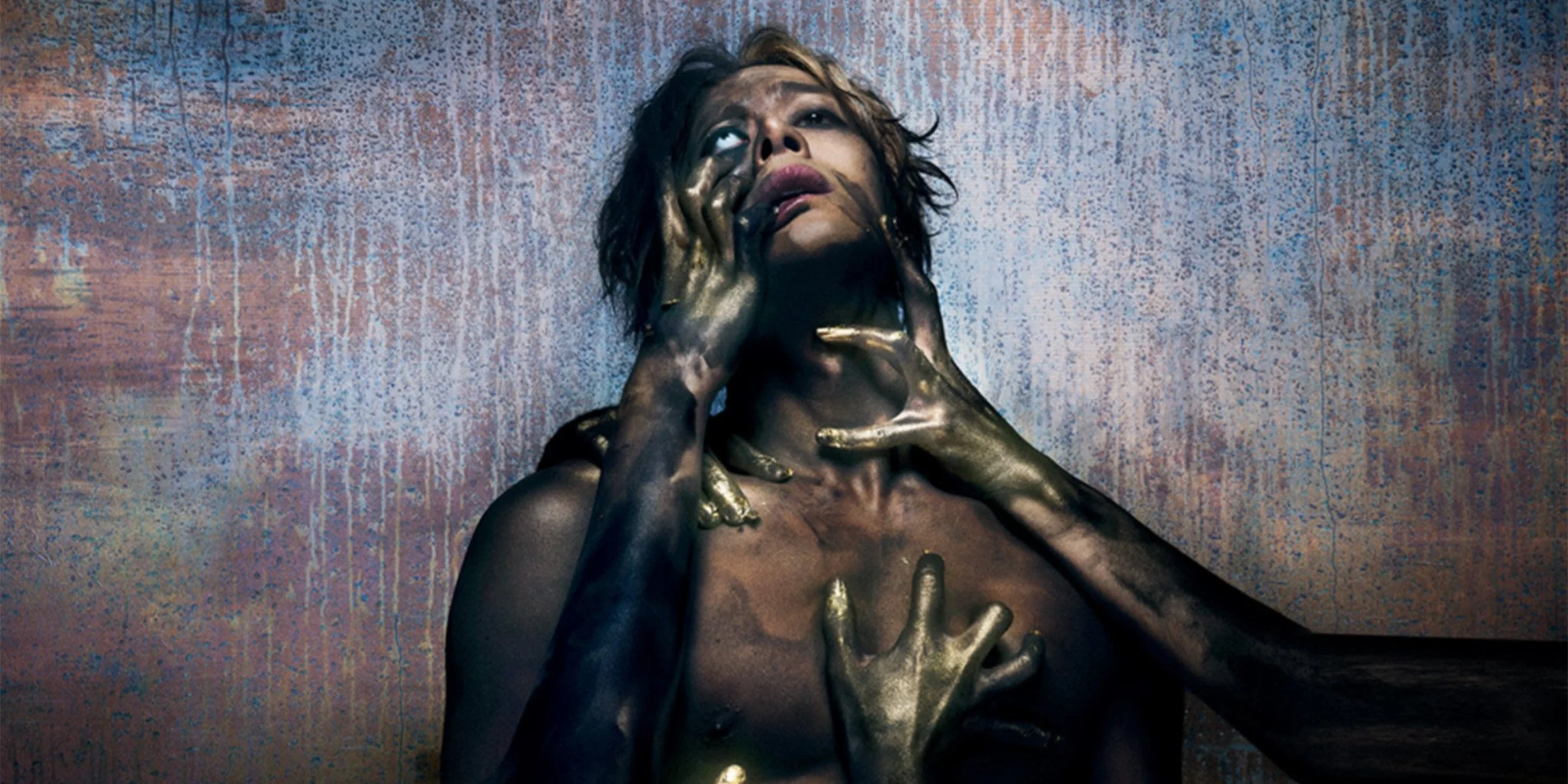Dissolution of the Magicman: Jackson Wang Pens Personal Followup With Magicman 2
Jackson Wang has never shied away from expressing how he feels, so when he announced the release of Magicman 2, I was intrigued on how this album would further develop the persona he created three years ago. Not only does it expand upon the captivating lore, it is a fulfilling ending to Jackson’s personal journey with bouts of loneliness and depression.
TRACKLIST:
“High Alone”
“Not For Me”
“Access”
“BUCK (feat. Diljit Dosanjh)
“GBAD”
“Hate to Love”
“One Time”
“Everything”
“Dear:”
“Sophie Ricky”
“Made Me a Man”
A CARTHARTIC ALBUM
Jackson released the first single, “High Alone,” in February; a poignant opener to what is a transformative album. The music video is emotional and haunting, accompanied by Jackson’s soft vocals. It’s difficult not to sympathize with the message being told, where Jackson seemingly struggles to separate the person from the persona. The lack of eagerness to help from the audience in the video is disheartening and makes you wonder if others can see your struggles the way you experience them. It’s a touching first step towards shedding the Magicman skin.
The album keeps you hooked from beginning to end. As you watch the Magicman persona take over in “High Alone,” you can hear how numb it makes him in “Not For Me.” It’s a raw and poetic song mimicking an out-of-body experience. You feel weightless when you listen to it, contemplating how to navigate life when you’re constantly masking your emotions.
The following tracks give the album a funky edge. “Access” is a laid-back rap track that flaunts Jackson’s cool charm and charisma. “GBAD” and “BUCK” keep the rhythmic vibes going. “GBAD” is a mellow jam about setting boundaries and letting go of the people-pleasing mindset to protect your self-worth. “BUCK” features Indian artist Diljit Dosanjh and has a catchy, drum-heavy beat that compels you to play it on loop. They’re great additions complementing the rest of the album.
Each B-side furthers the story that Jackson tells, whether it is about losing trust in those closest to you or reclaiming your own power. “Hate to Love” is a soulful, psychedelic tune that stands out yet blends well with the overall euphoric vibe. It’s insightful on Jackson’s experience of being taken advantage of. You can hear his passion in his steady flow over the electronic beat.
“One Time” acts almost as an interlude, a moment of clarity where Jackson acknowledges the false sense of security he was given by those who betrayed him. It’s an honest admission of him questioning his beliefs, yet he still leaves his heart open to trust and love again.
Jackson’s ability to create such introspective art is showcased in “Everything,” a piano ballad expressing his desire for an escape; it’s the most stripped-back song on the album. His raspy vocals underline his pain and feel as if he’s reaching out to you through the song.
Yet even through the rocky trip this album takes you on, Jackson shows appreciation for his parents' support through the difficult times. The voicemails from his parents in “Dear:” offer words of encouragement and validation that everyone is allowed to make mistakes and grow from them.
It leads into the track “Sophie Ricky,” a tribute where Jackson expresses his admiration for how his parents raised him as he continues to evolve into the person he’s worked hard to become.
The music video for “Made Me a Man” was released on the same day as the album and marks Jackson’s final step in ridding himself of the Magicman persona. It’s not an assertive transformation, but rather a gradual shedding. The lyrics, “Take off the past, take off the mask, lift the magic” at the end of the song indicate him leaving his old self behind and becoming a new person who has successfully overcome trials and tribulations. Both the music video and the song are serene, an acceptance of the hardships he went through as he prepares for his next stage in life.
Magicman 2 is a stunning sequel capturing Jackson Wang’s journey to self-rediscovery. Both audibly and visually, the album is distinctive to his brand, further elevated by the addition of his personal journal entries. This album symbolizes the end of an era for Jackson Wang and the start of a new beginning.
Edited by Sandy Ou

